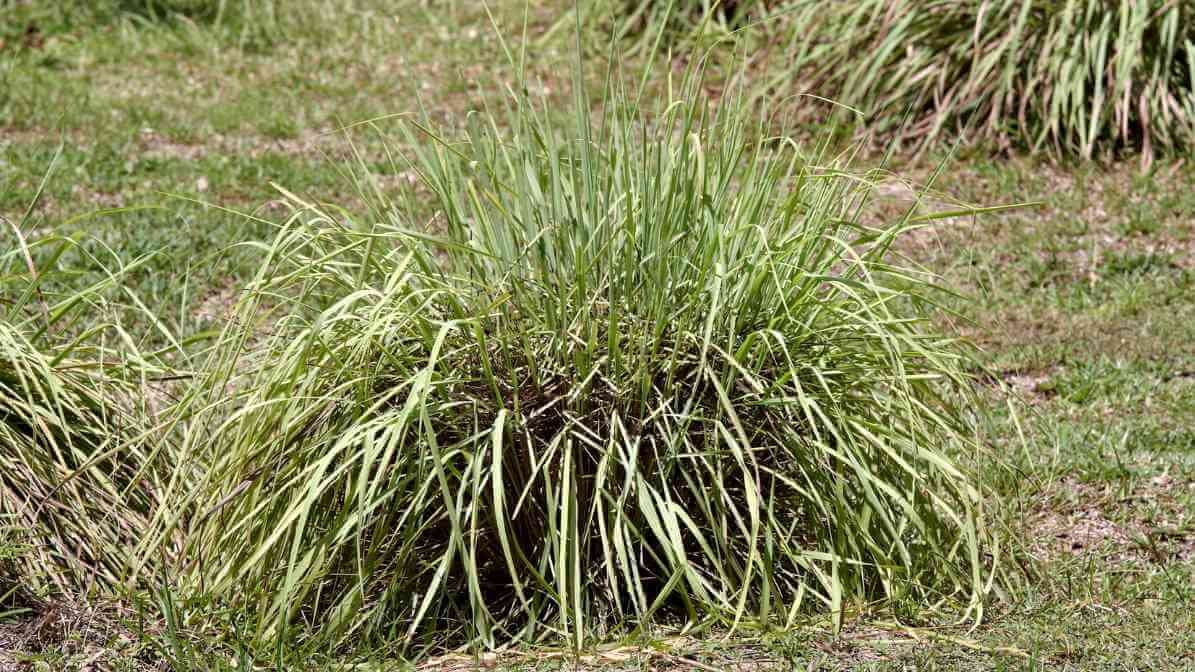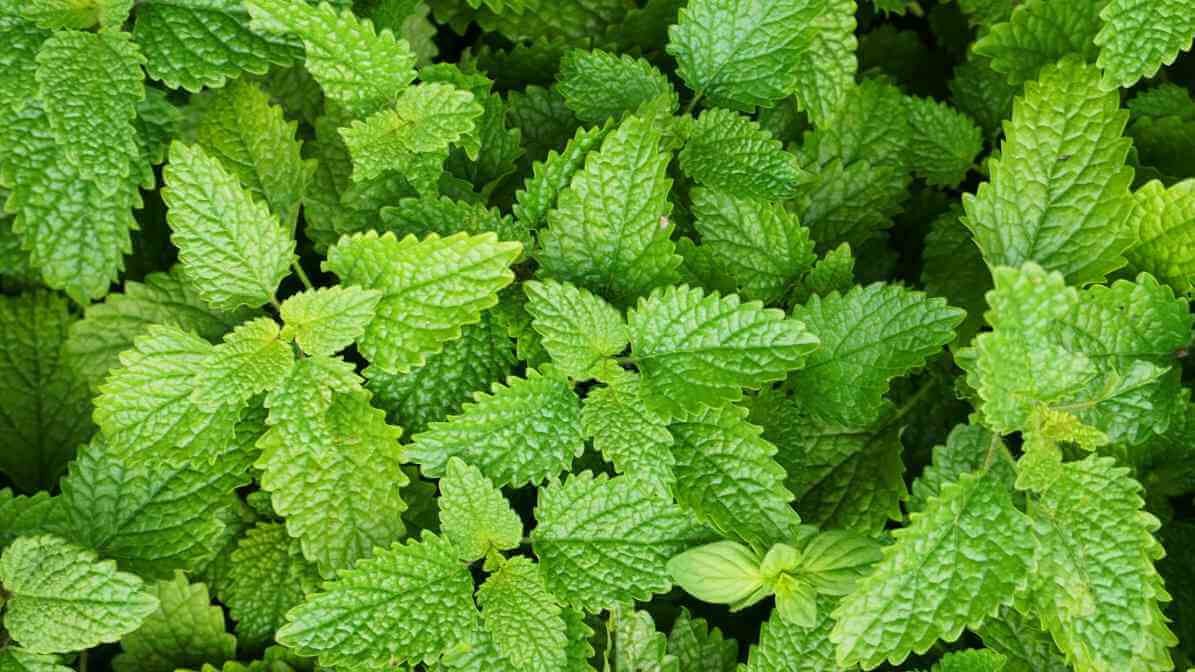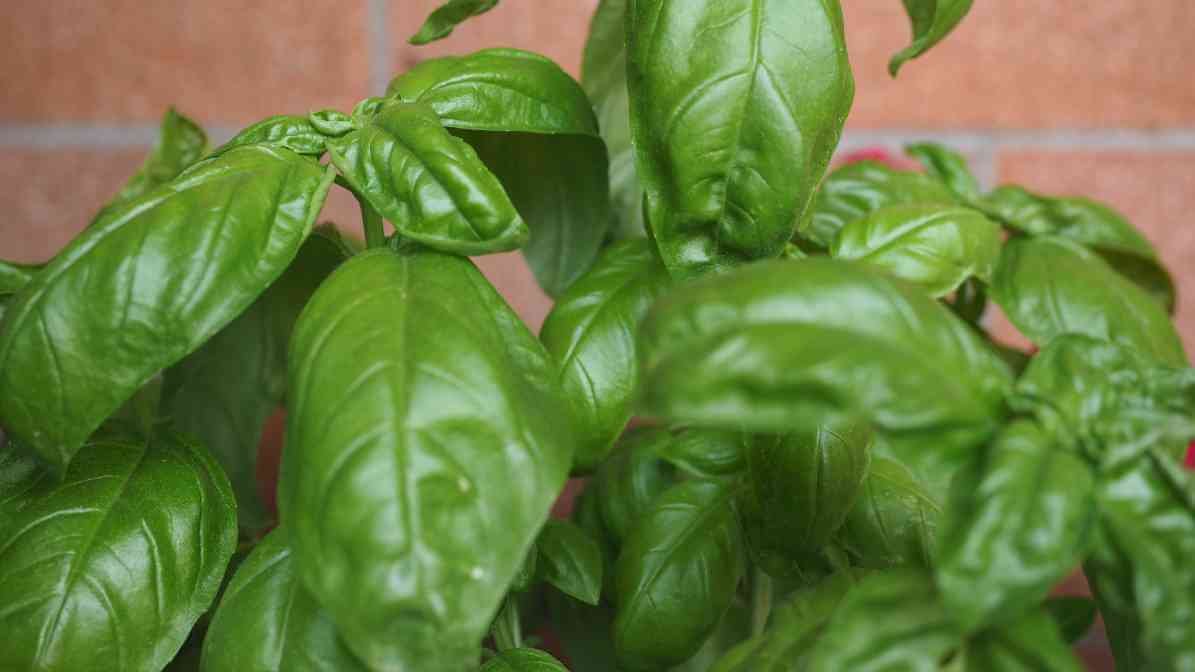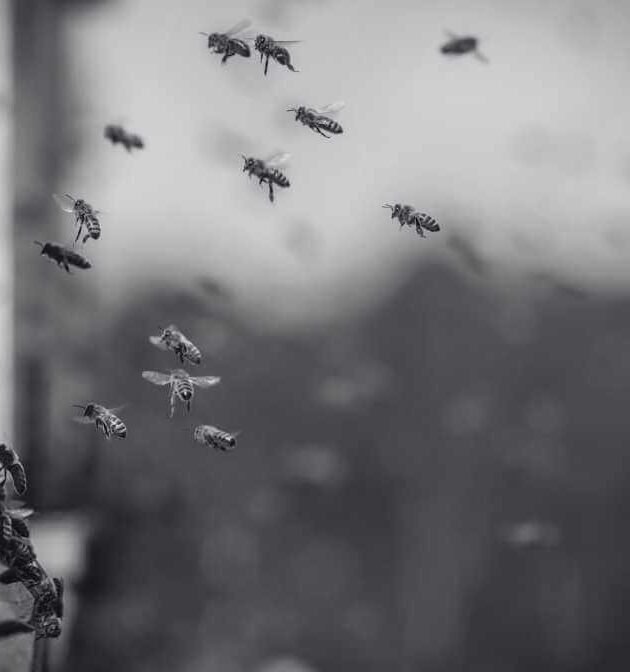
Types of Mosquitoes and the Diseases They Spread
May 28, 2025
Mosquito Life Cycle: From Eggs to Adult Mosquitoes
May 29, 2025
Mosquitoes Blog
The best mosquito repellent is a natural one rooted right in your garden. Protect your family and friends with vibrant greenery that actively fights off mosquitoes at bay
Eco-Friendly Tips for Creating a Mosquito Repellent Garden
Best Mosquito Repellent Plants To Prevent Mosquitoes
Every summer, the unwelcome buzz of mosquitoes becomes a nuisance. Turning outdoor gatherings into battlegrounds of bug bites and irritation. While chemical bug repellents containing high concentrations of DEET are often deem effective. Many people look for safer options that are gentle on the skin, good for the environment and easy to use in their outdoor spaces.
That’s where mosquito repellent plants come into play, nature’s own solution for keeping mosquitoes at bay. Using natural mosquito repellants offers several benefits over synthetic options. Not only do they boast fewer side effects, but they provide a pleasant aroma creating a welcoming atmosphere. Explore the best mosquito repellent plants, how they work and practical tips for using them to shield yourself from bug bites.
Top Natural Mosquito Repellents for a Bug-Free Summer
Why Choose Plant-Based Mosquito Repellent?
Many synthetic bug repellents rely heavily on chemicals, especially in higher concentrations, can cause skin irritation or allergic reactions in some individuals. In contrast, natural mosquito repellants made from plant-based ingredients harness active compounds like essential oils. Which effectively deters mosquitoes without harmful side effects.
Furthermore, plants that repel mosquitoes are easy to grow, low-maintenance, and double as attractive landscaping choices. They emit essential oils that act as insect repelling agents, creating a natural barrier around your space. Plus, they can be use to make herbal repellent sprays or essential oil blends, providing hours of protection. Often lasting up to 12 hours without the need for frequent reapplication.
Top 5 Non-Toxic Ways to Protect Your Family from Mosquitoes
Top Picks for the Best Mosquito Repellent Plants
Let's explore the best plants that can repel mosquitoes. You can grow these plants in your garden to keep them away naturally.





Citronella (Cymbopogon nardus)
Why it’s a top pick:
Citronella is renowned worldwide as a natural mosquito repellent. Its essential oils contain citronellal, citronellol and geraniol, which prove to determine mosquitoes.
How to grow:
Citronella thrives in full sunlight and moist, well-drained soil. Easy to grow in containers or garden beds and can reach 2-6 feet tall.
Effectiveness:
This plant can deterrent mosquitoes for several hours. Especially when the concentration of citronella in the leaves’ oil is high.
Lemon Balm (Melissa officinalis)
Why it’s effective:
Lemon balm releases a refreshing citrus scent that deters mosquitoes. Its active ingredients include citronellal and geraniol, making it a natural mosquito repellent.
How to grow:
Lemon balm is easy to grow in full sun to partial shade. Prefers well-drain soil and can be harvest regularly for essential oils.
Tip:
Crush fresh leaves and rub them on your skin or diffuse the oils in a repellent spray for hours of protection.
Lavender (Lavandula angustifolia)
Why it’s effective:
Lavender’s aromatic essential oils contain linalool and linalyl acetate, which insect repelling compounds. Its pleasant scent also acts as a calming feature in your garden.
How to grow:
Lavender loves full sun and well-drained soil. Drought tolerant and easy to grow in containers or garden beds.
Use:
Diffuse dried flowers or extract oils to create a DEET free insect repelling spray.
Basil (Ocimum basilicum)
Why it’s effective:
Basil produces oils with insect repelling properties, especially citronellol and methyl chavicol, which keep mosquitoes at bay.
How to grow:
Basil is easy to grow in pots or directly in the garden. It prefers warm weather and plenty of sunlight.
Tip:
Crush fresh basil leaves and apply directly on the skin for a natural mosquito repellant.
Marigolds (Tagetes spp.)
Why it’s effective:
Marigolds produce pyrethrum, a natural compound used in many bug repellents. Their bright flowers add a cheerful vibe while deterring mosquitoes.
How to grow:
They are easy to grow in full sun and tolerate poor soil. Plant them along borders or in containers around seating areas.
Benefit:
Marigolds serve as a visual cue for mosquitoes to stay away. Providing hours of protection when placed strategically in your outdoor space.
The Most Effective Outdoor Mosquito Barriers for Your Garden
Additional Natural Mosquito Repellant Plants
While the above plants are among the top picks, several other plants that repel mosquitoes can be effective additions:
Peppermint: The strong scent of peppermint acts as a natural insect repelling agent. Extract the oil for topical use or plant in pots around your patio.
Geraniums: Some varieties, especially citronella geraniums, produce citronella oil that deters mosquitoes.
Eucalyptus: Eucalyptus trees and plants release oils with insect-repelling properties, particularly in DEET free formulations.
Are Mosquito Repellent Plants Safe for Pets and Children?
Generally, yes, but always check specific plant precautions. Especially for pets, and avoid direct skin application of concentrated oils without proper dilution.
The Rising Threat of Mosquito-Borne Diseases and Prevention Strategies
Benefits of Using Mosquito Repellent Plants
Eco-Friendly and Safe
Unlike chemical biting deterrents that may contain synthetic active ingredients. Mosquito repellent plants offer a safer alternative, especially for children and pets.
Cost-Effective & Low Maintenance
Once established, these plants require minimal care and serve dual purposes, as beautifying greenery and natural mosquito repellants.
Aromatic and Aesthetic
Their pleasant scents elevate your outdoor ambiance, making your garden or balcony inviting. While working diligently to keep mosquitoes at bay.
A Guide to Organic Mosquito Control for Sustainable Living
How to Use Mosquito Repellent Plants Effectively?
1. Growing and Arranging
Put your mosquito repellent plants in key spots. Place them around seating areas, entrances, and pathways. This will help you get the most protection. Grouping plants together enhances scent strength and effectiveness.
2. Making Natural Repellent Sprays
Harvest fresh leaves of citronella, basil, or lemon balm. Blending with water and a few drops of a carrier oil like witch hazel or almond oil. Use the mixture as a repellent spray to apply on skin or clothes. Alternatively, steep leaves in hot water, strain and spray around your patio.
3. Extracting Essential Oils
Create your own essential oils by diffusing or diluting with a carrier oil. These can be apply to pulse points or used in candle diffusers.
4. Using Plants as Focal Points
Plant easy to grow varieties in containers or garden beds near outdoor furniture. Creating a natural, fragrant barrier that deters mosquitoes.
Mosquito Prevention for Kids and Pets: Safe Solutions for Everyone
Why Choose the Best Mosquito Repellent Plants?
Plant-based solutions offer a host of benefits over synthetic products. They contain natural ingredients that determine mosquitoes close by and contribute to a healthier environment. An active ingredient like citronella found in many mosquito repellent plants. Use for centuries to repel insects without the drawbacks of chemical bug repellents.
Moreover, their longevity and hours of protection make them a top pick for sustainable, eco-conscious mosquito control.
Final Tips for a Mosquito-Free Outdoor Experience
Seasonal Tips for Keeping Mosquitoes Away
Prevention remains the cornerstone of dengue control and transmission reduction. Here are effective actions individuals and communities can take:
Keep standing water to a minimum around your yard, as breeding sites dramatically increase mosquito populations.
Regularly prune and harvest mosquito repellent plants to keep their oils fresh and potent.
Combine plantings with other natural mosquito repellants such as citronella candles or fans for enhanced protection.
Create DIY insect-repelling sprays using essential oils extracted from these plants to maximise DEET free options.
Professional Mosquito Control Services
Innovative Pest Blog Summary
Choosing the best mosquito repellent plants complements your efforts to enjoy outdoor spaces free from pesky bug bites. Mosquito repellent plants like citronella, lemon balm, lavender and basil are simple to grow. Highly effective and provides a natural ingredient to keep mosquitoes at bay. These plant-based solutions are safer, more sustainable and add beauty and aroma to your garden.
Making them a top pick for anyone seeking a DEET free approach to insect replanting. Protect your family and friends with vibrant greenery that actively fights off mosquitoes at bay. Because the best mosquito repellent is a natural one rooted right in your garden.



